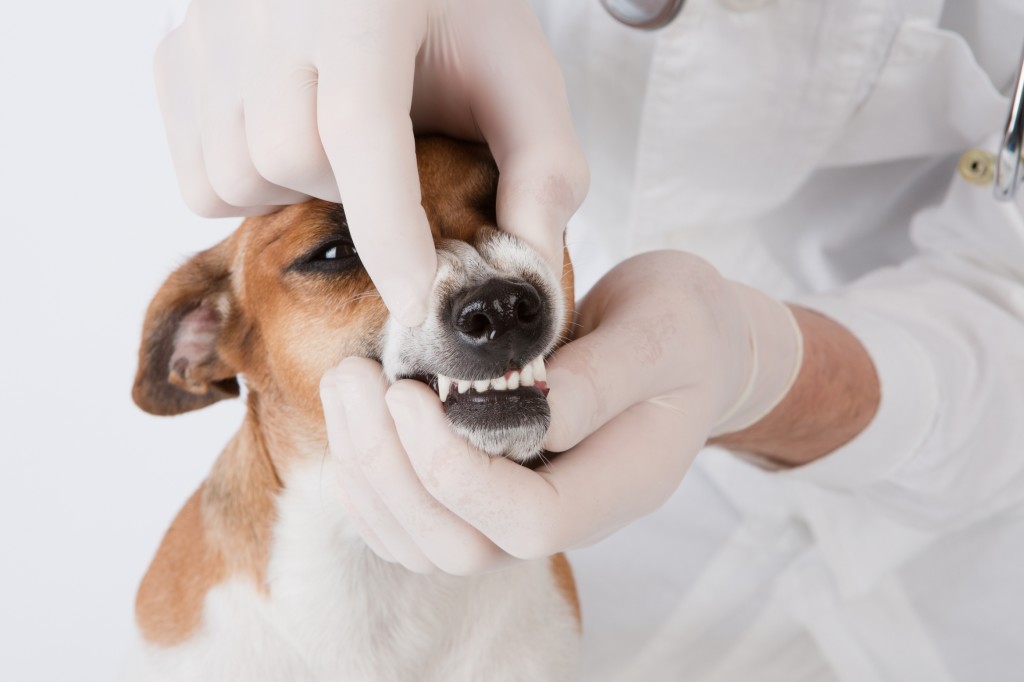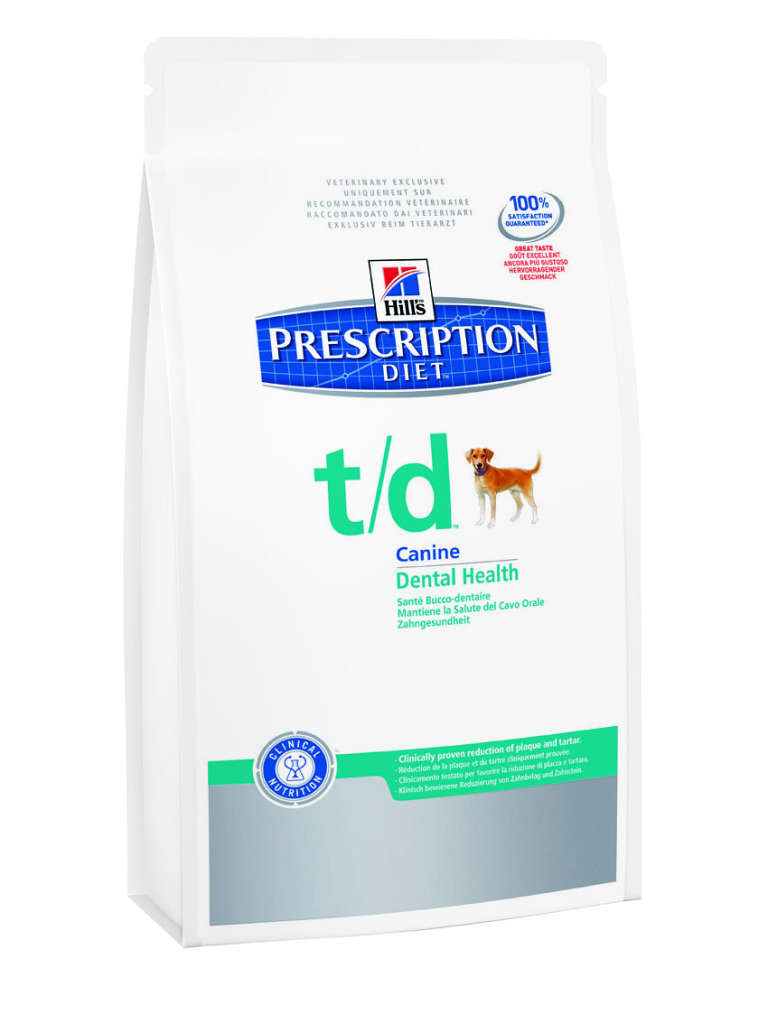Dental disease in pets is unfortunately far more common and serious than we may think. American Veterinary Dental Society says that 80% of pets are affected by dental disease by the age of four. Dental disease can cause bad breath, bleeding gums, tooth loss and pain, but it can also be life-threatening. I find this very scary.
“Bacteria and toxins in an infected mouth can enter the bloodstream, affecting vital organs and causing serious illnesses including heart and kidney disease,” explains Dr Guy Fyvie, veterinary advisor for Hill’s Pet Nutrition.
It’s Hill’s Pet Dental Month – so check those chompers!

‘Mind your pet’s mouth for total health’, is the message for national Hill’s Pet Dental Month this September, encouraging owners to be proactive about their pet’s oral health and prevent dental disease.
Dr Fyvie suggests five simple steps to keep your pet’s mouth healthy:
- Take your pet to the vet for a dental check at least once a year, or whenever you notice any symptoms, such as bad breath, bleeding gums, discoloured teeth or drooling.
- Regular tooth brushing to remove plaque is recommended as the ‘gold standard’ of pet dental care. Use a pet toothpaste and soft brush. Brushing is not always easy to accomplish, particularly in older pets, so it is best to start regular tooth cleaning from a young age.
- Feed a food clinically proven to help clean your pet’s teeth as it eats; Hill’s Science Plan Oral Care and Hill’s Prescription Diet® t/d are the only complete foods in South Africa that have been awarded the Veterinary Oral Health Council Seal of Acceptance for plaque and tartar control. The kibbles have a patented fibre matrix that works like an edible toothbrush as your pet eats, gently scrubbing the exposed tooth and cleaning away plaque, thus avoiding tartar build-up.
- Avoid sticky sweets, treats or tidbits which can lead to a more rapid build-up of plaque.
- Use tooth-friendly toys and chews – bones and even hard plastic Frisbees can damage teeth.
Hill’s were kind enough to send us a bag of Hill’s Prescription Diet t/d to help us look after our four-legged kids’ teeth. Brushing is an absolute no-go. We have tried and failed miserably. Hopefully t/d will be just what we have been looking for. Jack and Tequila are both loving the food. And we are keeping our fingers crossed that it will help a bit with Jack’s breathe. Sorry boy, but it’s bad.
Hill’s Prescription Diet t/d and Hill’s Science Plan Oral Care are the only complete foods in South Africa that have been awarded the US Veterinary Oral Health Council Seal of Acceptance for plaque and tartar control. The kibbles have a patented fibre matrix that works like an edible toothbrush as your pet eats, gently scrubbing the exposed tooth and cleaning away plaque, thus avoiding tartar build-up. Available exclusively from veterinary practices Hill’s t/d is a completely balanced food and suitable for long-term feeding.
Here’s to keeping your fur baby’s pearly whites clean and healthy.
xoxo


